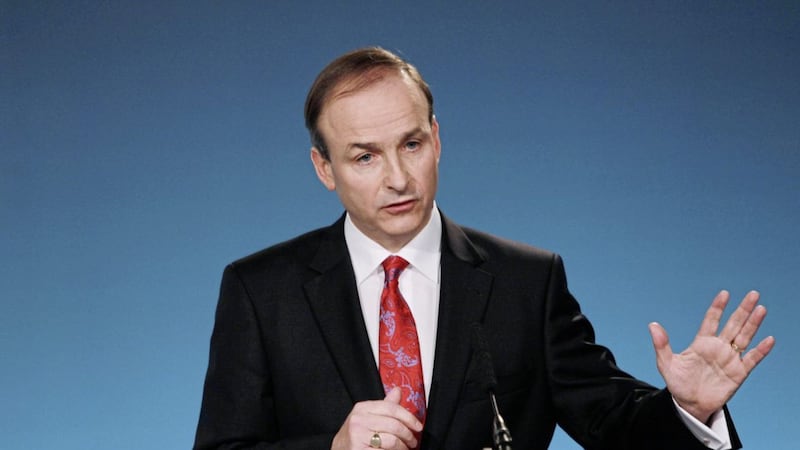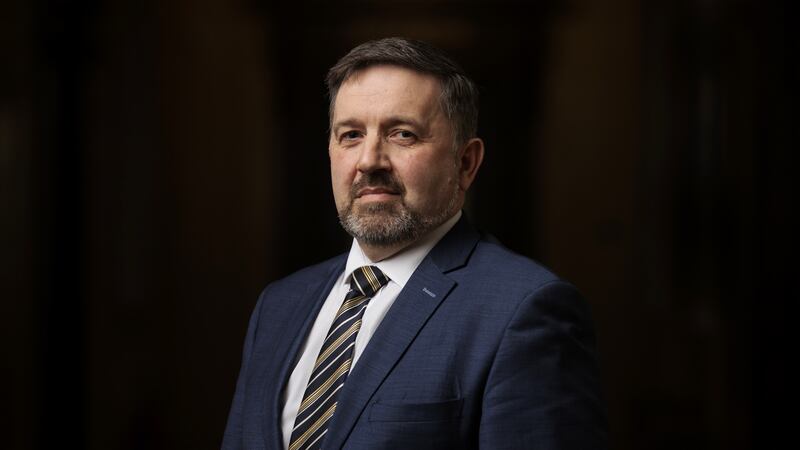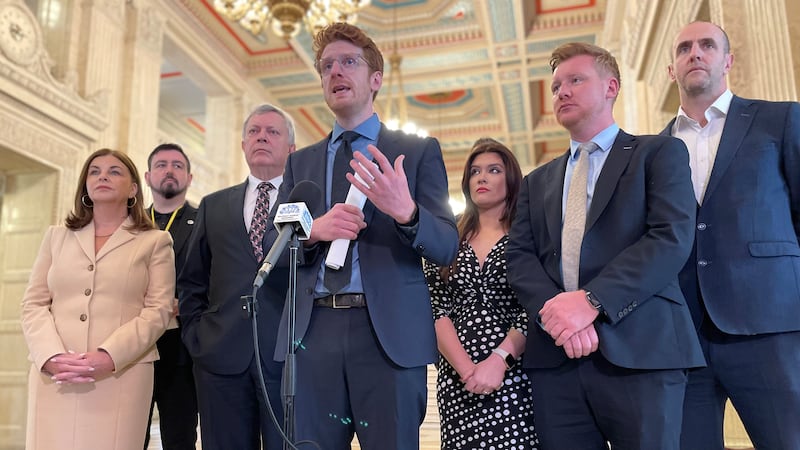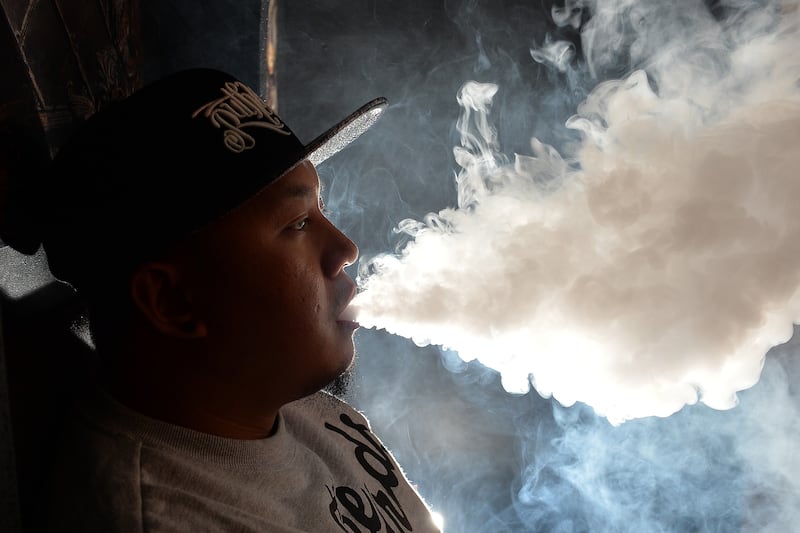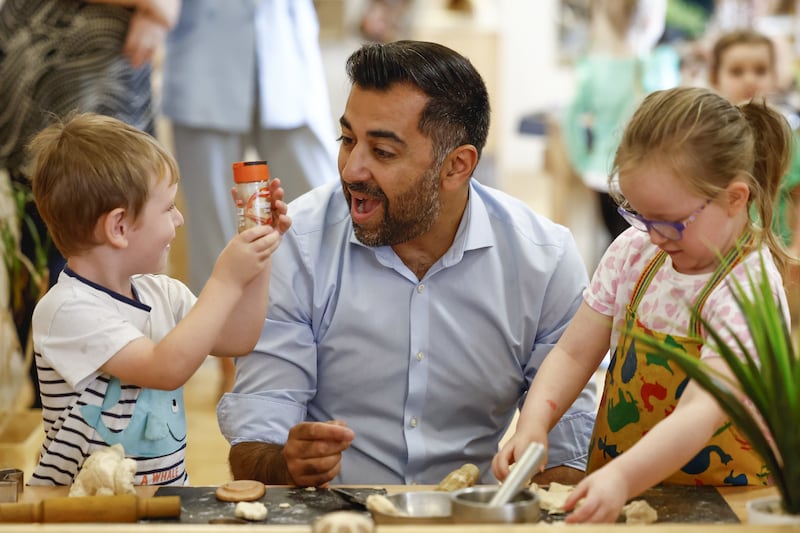Anyone hoping for priority being given to building a 'New Ireland' in the Republic's draft Programme For Government will be left sadly wanting.
Previous commitments for a department within the office of An Taoiseach to look at a shared island are included, with added emphases on public health following the Covid crisis.
But this was very much a return to the status quo as far as north/south engagement goes.
Lots of commitments to double down on past promises, but no time scales and little new flesh on the bones of previous commitments.
Commitments on the implementation of Stormont House seem outdated and fail to take into consideration the British government's huge shift away from those previously agreed policies on legacy.
A policy seemingly copied and pasted to tick a box.
There are green policies with an all Ireland aspect such as management of waterways and energy.
Apart from the Shared Island, mission statement, which contains many already existing arrangements on cross border bodies, mentions of Northern Ireland are limited.
There is one in relation to canals and the other about the medical use of cannabis.
Brexit as expected looms large.
"We will work to protect the island of Ireland from the worst effects of Brexit as we develop a new relationship with the United Kingdom", it states.
"There is a unique relationship between our two islands which are intertwined socially, economically, politically and culturally.
"Our common membership of the European Union since 1973 provided a structure for regular engagement which following Brexit is no longer the case. We will strengthen bilateral relations with the UK".
A theme that runs throughout.
Other than shared economic interests there is more talk of strengthening British Irish engagement than North South relationships.
It is very much about a recovery plan for the Republic post covid and an attempt to try and tackle the very real economic issues that resulted in a kick back against the civil war parties during the February election.
In short the South are signalling that they have enough on their plate post-Covid recovery and pre-Brexit instability and that's where the focus rests.
This may in part be shaped by the historically poor relationship between future taoiseach Michaél Martin and Sinn Féin, or simply as a result of recent unforeseen circumstances.
However, there will be some Northern input as to whether this deal goes ahead or not.
It comes in the previously unlikely form of the Green Party, now set to enter a coalition with the old electoral rivals. They will vote as an all Ireland bloc, with members in the north having their say on the deal.
And while there is enough Green commitments to keep there members happy but at what cost?
We are entering a new phase in Irish politics and there is nothing about this coalition deal that should make northern unionists nervous.
